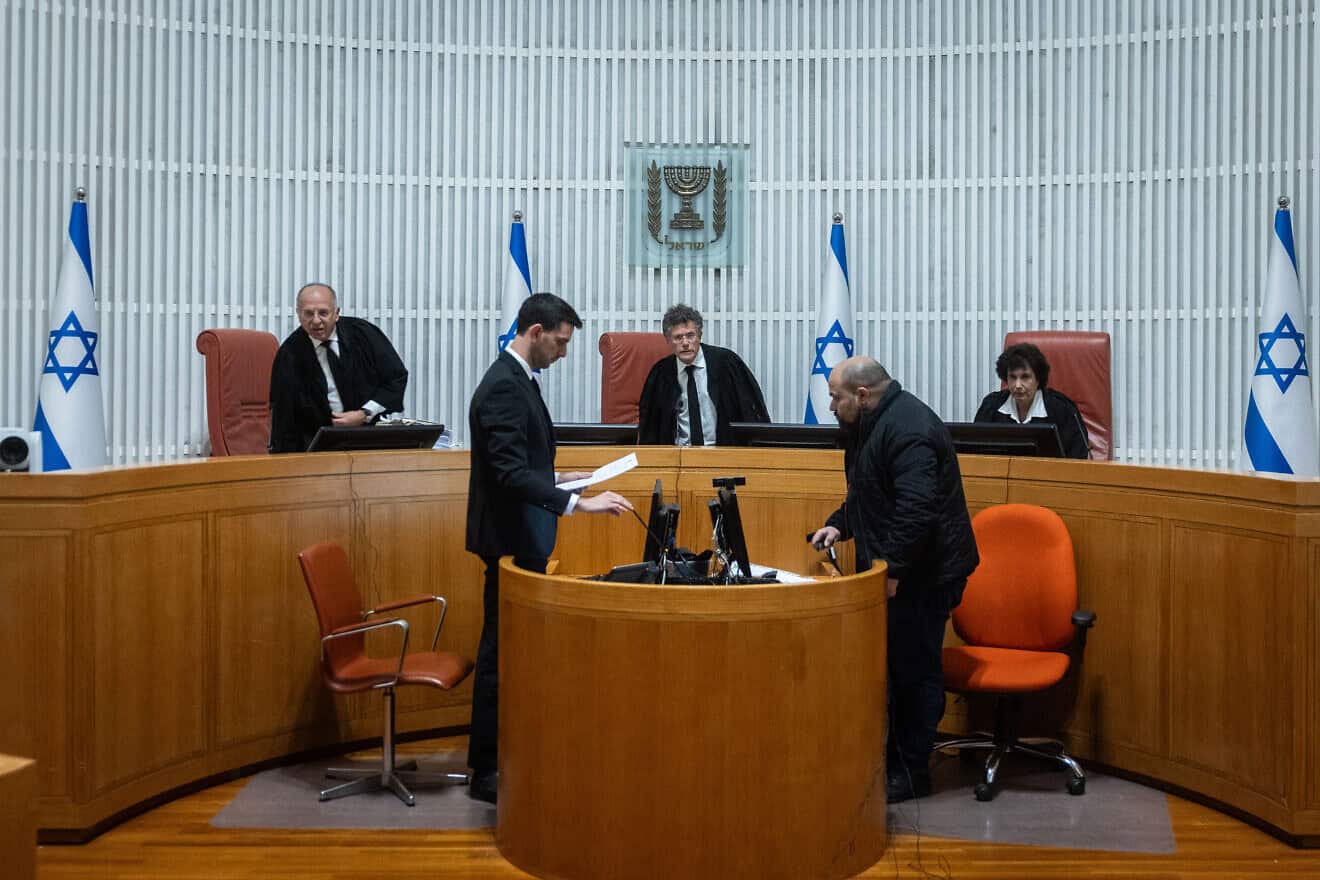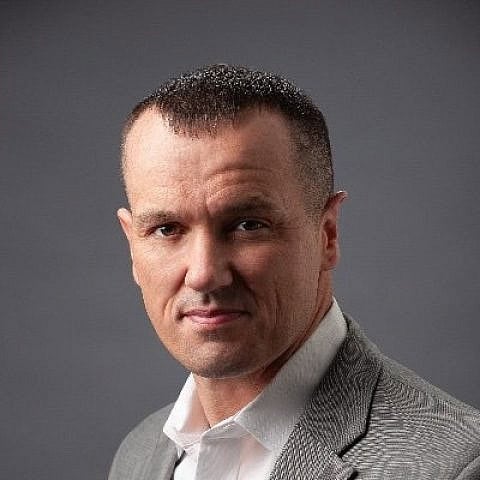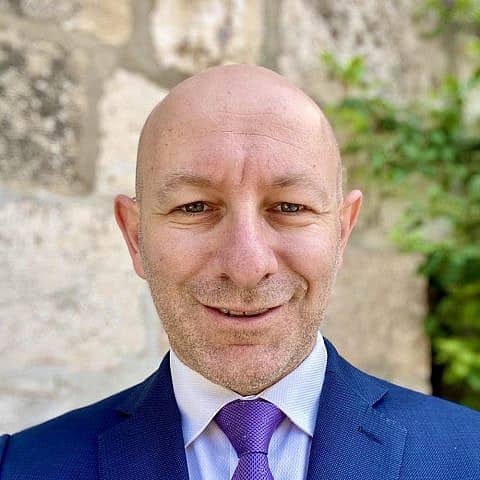 Israel’s High Court just shattered the international courts’ false Gaza narrative
Israel’s High Court just shattered the international courts’ false Gaza narrative
John Spencer, Arsen Ostrovsky
The truth matters. The law matters. And what Israel’s Supreme Court just showed is that even in the fog of war, when politics runs hot and justice often runs cold, there is still room for reasoned, moral and lawful adjudication.
 Israeli Supreme Court Justice (now its president) Yitzhak Amit (center) hears a petition on the appointment of the civil service commissioner, Jerusalem, Feb. 6. 2025. Photo by Chaim Goldberg/Flash90.
Israeli Supreme Court Justice (now its president) Yitzhak Amit (center) hears a petition on the appointment of the civil service commissioner, Jerusalem, Feb. 6. 2025. Photo by Chaim Goldberg/Flash90.
On March 27, 2025, Israel’s High Court of Justice, led by Chief Justice Yitzhak Amit, delivered a measured, fact-driven and deeply legal judgment, reaffirming that Israel’s decision to halt aid to Gaza, following Hamas’s rejection of the U.S. proposal to continue the hostage-ceasefire negotiations, was fully compliant with international law. The ruling should send a powerful signal to international bodies like the International Criminal Court (ICC) and International Court of Justice (ICJ), which have rushed to indict and accuse with politically charged narratives untethered from operational facts and legal substance.
The High Court found that Israel is not in violation of international humanitarian law in its decision to halt the facilitation of aid to Gaza and—critically—is not an occupying power in the Strip. This rebuke, coming from Israel’s own top court—widely regarded as one of the most independent in the world—matters immensely. It is everything the ICC and ICJ have failed to be: rooted in evidence, guided by law and aware of the real-world consequences of war against terrorist enemies who embed themselves within civilian populations.
This was no rubber stamp. Israel’s Supreme Court has a longstanding history of challenging its own government, particularly on national security policy. The idea that this court would serve as a political puppet is laughable to anyone familiar with Israel’s democratic and judicial culture.
What the High Court did was what international tribunals have refused to do: look at the facts. After reviewing extensive classified materials, multiple hearings and actual data—not rhetoric—the court ruled that Israel has met and continues to meet its obligations under both international and domestic law. It confirmed that Israel facilitates humanitarian aid to civilians, with no quantitative restrictions, and has taken extensive steps to coordinate with international aid groups—even amid a complex war against a terrorist army that systematically steals that same aid.
The court also addressed allegations that Israel was using starvation as a method of warfare. Citing the entry of 25,000 aid trucks carrying over 57,000 tons of food since Jan. 19—during the first phase of the hostage-ceasefire agreement—it found no violation of the prohibitions on starvation or collective punishment, “not even remotely.” The court emphasized that international law only obliges a state to facilitate the passage of humanitarian supplies when there is no reason to believe they are being diverted for hostile use. Given overwhelming evidence that Hamas has been systematically stealing aid and repurposing it for military operations, including hostage captivity, the court concluded that Israel acted within the bounds of international law when it halted certain aid flows.
This legal conclusion echoes longstanding principles under the Fourth Geneva Convention, specifically Article 23, as well as similar provisions in the U.S. Defense Department Law of War Manual and customary international law: Aid is not unconditional when it risks empowering a belligerent force. Even U.S. President Joe Biden underscored this in Oct. 2023, saying that if Hamas diverted aid, the assistance would—and should—stop.
Critically, the court also rejected claims that Israel is subject to the legal obligations of an occupying power. Based on an in-depth factual analysis—including Hamas’s continued control in large areas of Gaza, reestablishment of its administrative functions and Israel’s lack of effective governmental authority—the court concluded that the laws of belligerent occupation simply do not apply. In doing so, it directly rebutted the ICJ’s 2024 advisory opinion, which took a broader, speculative view of Israeli authority without full access to facts, participants, or classified military intelligence.
Let’s be clear: No court on Earth scrutinizes its own military in wartime the way Israel’s does. No other democracy has fought such sustained urban combat against a genocidal enemy hiding in homes, schools, hospitals and mosques, while remaining under the microscope of its own judiciary. And yet, Israel’s legal system not only holds to—but exceeds—the standards expected by the international community.
Contrast this with the ICC, which has moved with stunning speed toward possible indictments of Israeli officials, all while ignoring Hamas’s brutalities or pretending that Oct. 7 never happened. Contrast it, too, with the ICJ, which entertained South Africa’s politicized genocide charges without addressing the deeply asymmetric reality of this war: that Israel is fighting a defensive campaign against a terrorist group that openly vows to repeat the massacre of its civilians.
Israel’s High Court recognized what the world must not forget: the “Iron Swords” war was forced upon Israel after one of the most horrific terrorist attacks in modern history. It was also, as the court stated, “forced on the uninvolved civilians of Gaza” by Hamas and its allies, who embed themselves among civilians, steal aid and carry out military operations from protected civilian infrastructure.
The court acknowledged the humanitarian suffering in Gaza. It also acknowledged the limits of what Israel can control in a warzone, especially when international organizations operate in Gaza without coordinating with Israeli forces. And yet, even with these challenges, the court documented how Israel has improved aid flows, opened more crossing points, coordinated access and constantly evaluated the humanitarian situation—without violating its legal obligations.
This ruling is a judicial firewall against politicized attacks on Israel’s legitimacy. It is an affirmation—by a court rooted in the rule of law—that international law is not a weapon to be used selectively against democracies defending themselves.
The truth matters. The law matters. And what Israel’s Supreme Court just showed is that even in the fog of war, when politics runs hot and justice often runs cold, there is still room for reasoned, moral and lawful adjudication.
That’s more than can be said for the tribunals in The Hague.
 John Spencer is chair of urban warfare studies at the Modern War Institute (MWI) at West Point, codirector of MWI’s Urban Warfare Project and host of the “Urban Warfare Project Podcast.” He served for 25 years as an infantry soldier, which included two combat tours in Iraq. He is the author of the book “Connected Soldiers: Life, Leadership, and Social Connection in Modern War” and co-author of “Understanding Urban Warfare.”
John Spencer is chair of urban warfare studies at the Modern War Institute (MWI) at West Point, codirector of MWI’s Urban Warfare Project and host of the “Urban Warfare Project Podcast.” He served for 25 years as an infantry soldier, which included two combat tours in Iraq. He is the author of the book “Connected Soldiers: Life, Leadership, and Social Connection in Modern War” and co-author of “Understanding Urban Warfare.”
.
 Arsen Ostrovsky is a human rights attorney and CEO of the International Legal Forum, an Israel-based NGO and global network of lawyers standing up for Israel and combating antisemitism in the legal arena. You can follow him on Twitter at: @Ostrov_A.
Arsen Ostrovsky is a human rights attorney and CEO of the International Legal Forum, an Israel-based NGO and global network of lawyers standing up for Israel and combating antisemitism in the legal arena. You can follow him on Twitter at: @Ostrov_A.
Zawartość publikowanych artykułów i materiałów nie reprezentuje poglądów ani opinii Reunion’68,
ani też webmastera Blogu Reunion’68, chyba ze jest to wyraźnie zaznaczone.
Twoje uwagi, linki, własne artykuły lub wiadomości prześlij na adres:
webmaster@reunion68.com
